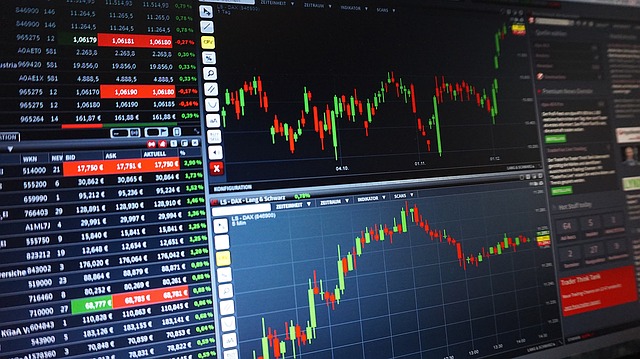On 29 September, Italian newspapers reported that JP Morgan Chase (JPM), the largest US bank, will have to pay a fine of USD 920.2 million, the highest fine ever imposed by the Commodity Futures Trading Commission (CFTC), the US government agency that regulates futures and other financial derivatives traded on commodity markets.
According to the CFTC, from 2008 to 2016, JPM engaged in “manipulative and deceptive conduct.” In practice, JPM’s proven conduct consisted of issuing spoof orders, i.e., buy orders that JPM knew from the moment they were issued that they would withdraw at a certain point in time, but which in the meantime create a “ripple effect” that disrupts the normal pattern of supply and demand and induces other investors to take financial actions based on false valuations and expectations. Then, one moment before withdrawing the orders, JPM would issue a genuine order in which it would instead sell the future, the value of which had risen by that point.
The CFTC’s order also states that for years the bank misinformed and manipulated the regulator itself, thereby slowing down any possible corrective action and sanctions. What further aggravates the case is that the various managers of the departments in charge of the markets are directly involved.
Although it was only in 2016 that JPM would have started to cooperate with the regulator, for this belated and questionable display of goodwill and cooperation, the CFTC did not ask for the bank to be declared a “bad actor” and thus excluded from the markets, not least because large firms like JPM are “too big to fail” and it is in everyone’s concrete interest to reach a convenient settlement. JPM’s management was also well aware of this.
The seriousness of the JPM affair goes far beyond the case itself because it brings to light a little-known aspect of the markets. With the advent of new technologies, “high-frequency trading” (HFT) has appeared on the financial markets, a way of intervening in “electronic” markets, similar to the one condemned by JPM, which uses sophisticated and expensive software and hardware tools, guided by mathematical algorithms that operate at the speed of “nanoseconds.” Such transactions allow investment positions to be held for varying periods of time, to profit even on minimal margins through large daily trades. Although HFT strategies have now contracted considerably since their peak in 2009, 2017 data still report income of around $1 billion for high-frequency ‘traders,’ which in any case raises obvious questions about the ethicality and fairness of HFT. In fact, it gives large financial institutions, the only ones who can afford the high cost of HFT technology, an advantage over smaller firms and ‘individual investors (retail investors),’ fostering ‘an environment’ in which not everyone is on equal footing because the effectiveness of the algorithm is far superior to human trading.
The manipulation of markets, and commodity markets, in particular, has not only a financial significance. On the ‘market,’ the most important commodities and resources for the economy and the lives of peoples and individual citizens are traded: food, energy, and all the raw materials that go into the productive sectors of the real economy. We cannot forget the peaks of inflation in the prices of wheat, rice, or oil, which, several times in the first twenty years of the 21st century, have damaged entire nations and impoverished, often to the point of starvation, hundreds of millions of people. We should not turn a blind eye to problems of this magnitude, nor should we play it lightly when we discover illegal behavior which, in the final analysis, amounts to outright theft and is the basis of scandalous enrichment.
Today, it seems that only the Church’s social Magisterium knows how to and wants to keep its eyes open on such problems. Pope Francis did it again with his latest encyclical when he “dares to repeat” that: “The financial crisis of 2007-2008 was an opportunity to develop a new economy more attentive to ethical principles and for new regulation of speculative financial activity and virtual wealth. But there has been no reaction that has led to a rethink of the obsolete criteria that continue to govern the world”. On the contrary, it seems that the actual strategies that have subsequently developed in the world have been geared towards more individualism, less integration, more freedom for the truly powerful, who always find a way out unscathed’ (FT 170).
It is a call dictated by love for humankind that should be taken seriously, especially today when humanity is facing a pandemic crisis that, in addition to threatening health, is also dramatically affecting humanity’s economic and social dimensions.
Leonardo Salutati
(The original is in Italien)
Source: https://www.ilmantellodellagiustizia.it/novembre-2020/i-grandi-operatori-finanziari-e-la-manipolazione-dei-mercati





